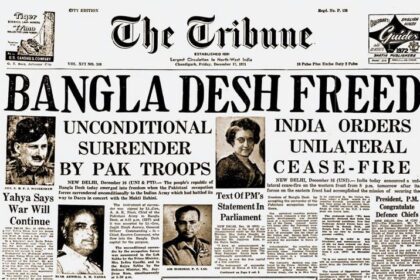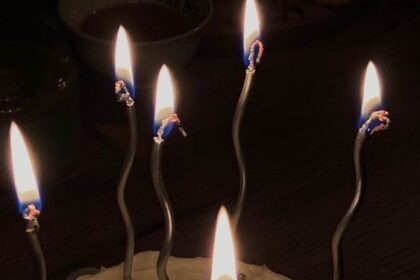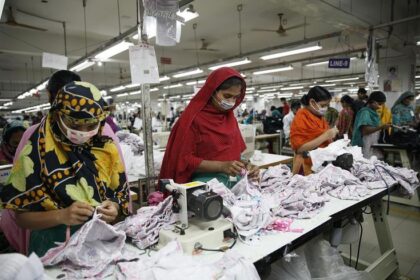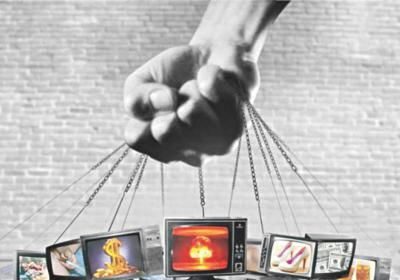The daily posts. The numerous one-minute reels. Thirty thousand likes. People may be deceived into believing every post shows yet another raw confession by their favourite social media influencer. But, if one looks carefully, it is nothing but another careful orchestration of ‘vulnerability’ online, with the most ‘real’ parts edited out or left in drafts.
A heartbreak story revealed through a trending sound. A single tear, timed perfectly, falling right before the reel ends, leaving people lingering over something they assume is ‘real’ and ‘sensitive.’ But this is not a visceral emotion we are witnessing; it is an edited and focused scene crafted to evoke strong feelings without revealing much. The purpose of this performance is not authenticity, but visibility. Influencers or celebrities may share ‘vulnerable’ posts to appear relatable to the masses. The more a feeling seems relatable, the more engagement it earns. These posts may be enough to awaken emotions, but never deep enough to expose the absolute chaos of life that remains out of reach and untouched.
In Pakistan, exposing your true self is not an option due to cultural constraints. Izzat (honour), shame, gender expectations, and family values are some factors that can pose a barrier against unleashing vulnerability online. Each emotion must be filtered appropriately before being revealed to the public, allowing people to judge and discuss it responsibly. Discussing sadness and heartbreak is acceptable, provided it preserves dignity and filters out feelings of anger, desire, and grief.
And yet, even within these restrictions, people find ways to speak. Instead of expressing their sentiments directly, they disguise them in the form of memes, cryptic captions, and comments. Hence, the confession becomes anonymous and witty. On Instagram, one might post a cryptic quote or a song lyric that hints at a breakup. Someone else may post a photo dump with an image of a half-written text message, stating what they cannot say out loud. As a result, people subtly gesture towards viewers, indicating their pain without fully revealing it.
In reality, we may find ourselves living in a paradox. We live in the age of technology and digitisation, full of expression and opinions, yet we are starved of real intimacy. What was once private is now shared, but only after being filtered through aesthetics and humour. In Pakistani digital culture, selective silence is often considered safer than sincerity. People are always hinting at their truths, implying what they feel but never honestly confessing.
As a result, the deepest secrets are held back and remain unmentioned. They stay buried—felt by many, spoken by none. We must ask ourselves: if our sorrows must be aesthetic and our truths spoken only in code, have we preserved our dignity or lost our ability to be truly known?
















